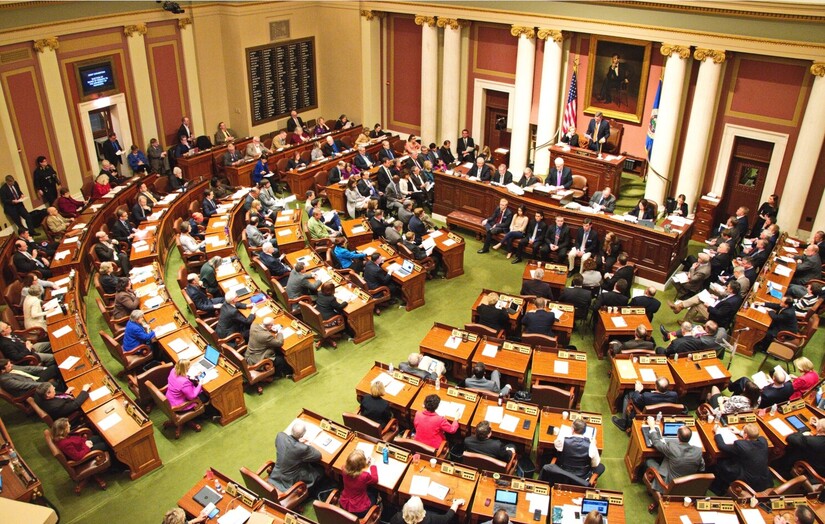Image


ST. PAUL, Minn. — The Minnesota Senate Capital Investment Committee, chaired by Senator Sandy Pappas (DFL–St. Paul), will embark on an extensive three-day Metro Bonding Tour from Tuesday, October 28 through Thursday, October 30, visiting more than 30 communities across the Twin Cities metropolitan area.
The tour will allow committee members to inspect proposed projects seeking state matching funds, meet with local officials, and evaluate the condition and impact of the sites firsthand. These visits form a crucial step in shaping Minnesota’s upcoming 2026 bonding bill, which determines statewide investments in infrastructure, public safety, higher education, environmental protection, and community facilities.

Over the course of three days, legislators will traverse the east, central, and west metro regions, beginning and ending each day in St. Paul. The goal is to gain an on-the-ground understanding of local needs before determining which proposals warrant state support.
“Bonding tours like this give lawmakers a chance to see the impact of these projects up close — not just on paper,” said Sen. Pappas. “They’re essential to ensuring that investments in our communities are smart, equitable, and sustainable.”
A major emphasis of this year’s metro tour is water infrastructure, with several projects focused on mitigating Per- and Polyfluoroalkyl Substances (PFAS) — known as “forever chemicals” due to their persistence in the environment.
Scheduled stops include PFAS Treatment Plants in Apple Valley, Hastings, Oak Park Heights, and Stillwater, underscoring the state’s commitment to providing safe and clean drinking water. Other critical water and sewer initiatives include:
These projects represent the ongoing statewide effort to strengthen Minnesota’s water systems amid growing environmental challenges.
Public safety and local infrastructure projects are another cornerstone of the bonding tour. In the East Metro, the committee will review the City of Mendota Heights Public Safety and City Hall Facility, the East Metro Public Safety Expansion Project in Maplewood, and the MDMA Cottage Grove Readiness Center renovation.
In the West Metro, the itinerary includes visits to the Eden Prairie Police & Fire Specialized Response Garage, as well as Public Works Maintenance Facility projects in Robbinsdale, Brooklyn Center, and Columbia Heights. These visits highlight communities’ efforts to modernize essential services and emergency response capabilities.
The tour also spotlights several state agency projects and major regional institutions. In St. Paul, committee members will visit:
Additional stops include Saint Paul College, the University of Minnesota’s Faser Hall, and the Met Council’s B Line Bus Rapid Transit (BRT) route from Rice Park to Snelling Avenue. The committee will also review facilities at Minnesota Department of Veterans Affairs (MDVA) Veterans Homes and the John Rose MN OVAL in Roseville.
Local leaders are expected to meet with committee members at many of these stops to present their proposals and emphasize community priorities.
Following the metro tour, the committee will compile observations and community feedback to inform its recommendations for the next state bonding bill, which will be introduced during the 2026 legislative session.
By visiting project sites and engaging directly with local leaders, the Senate Capital Investment Committee aims to ensure that future bonding allocations deliver tangible benefits across Minnesota.
“This tour is about partnership,” Sen. Pappas emphasized. “When state and local governments work together, we can make meaningful investments that strengthen our communities, protect our environment, and improve quality of life for Minnesotans.”